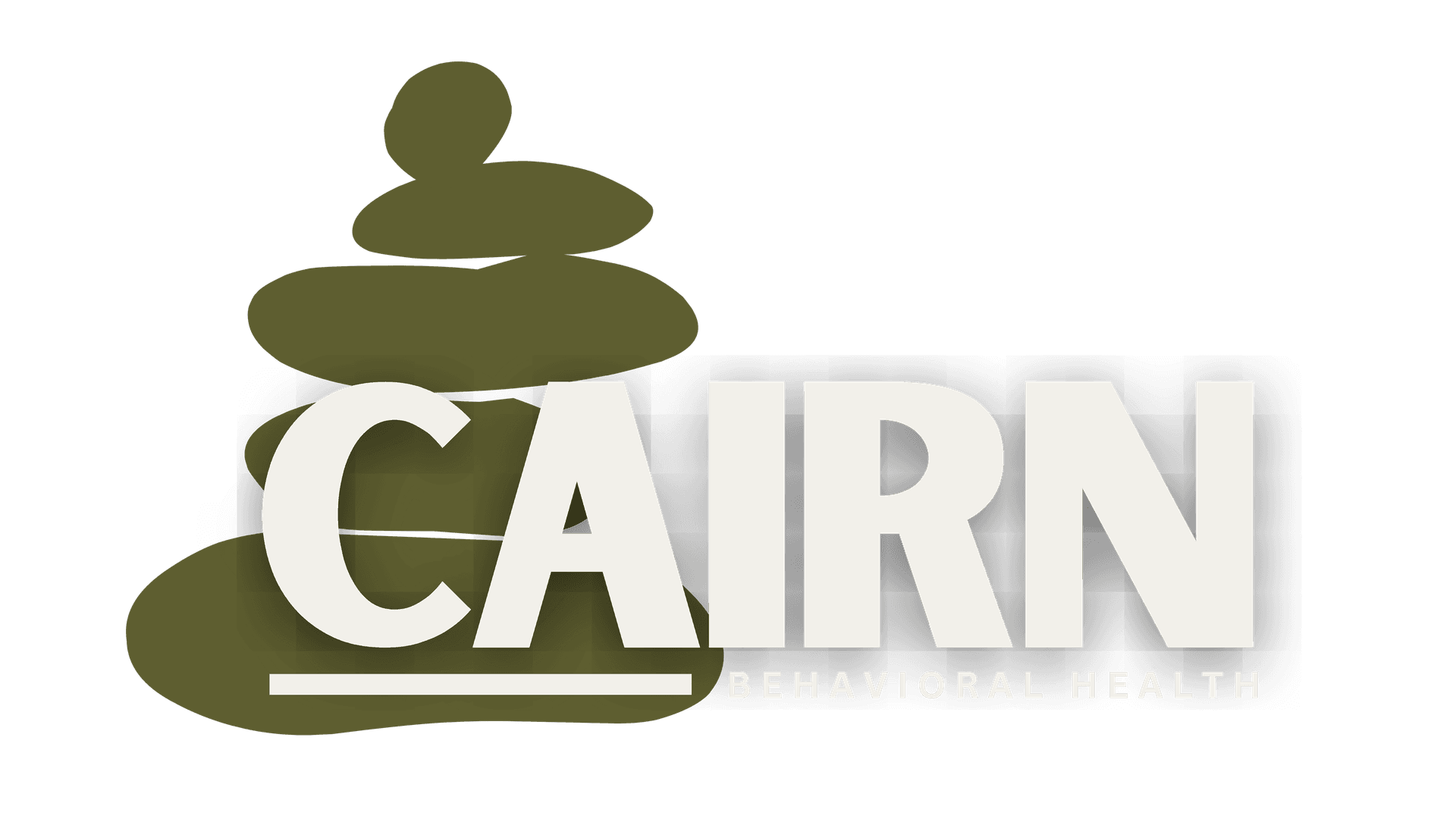Embracing Diversity: Culturally Responsive Care in ABA Therapy
Understanding Culturally Responsive Care
At Cairn Behavioral Health, we believe that honoring diversity and being culturally sensitive allows for us to truly support our clients and caregivers. Our beliefs are deeply rooted in these values as the owner of Cairn Behavioral Health lived both in Africa and Asia. These experiences engrained in her that bringing these perspectives into the practice of ABA not only honors different cultures and people, but deepens the ability of the practitioner to support lasting behavior change.
In the field of Applied Behavior Analysis (ABA) therapy, the focus is on creating individualized programs that meet the unique needs of each client. As our society becomes increasingly diverse, there is an urgent need for therapists to incorporate culturally responsive care into their practice. This approach goes beyond merely acknowledging a client's cultural background; it involves actively integrating cultural understanding into therapeutic methods to improve outcomes for individuals from diverse backgrounds.
One of the key elements of culturally responsive care is recognizing and respecting cultural differences in communication styles, family dynamics, and social norms. By doing so, therapists can build stronger relationships with clients and their families, leading to more effective interventions. For example, understanding a family's cultural values can help shape strategies that align with their traditions and beliefs, fostering greater engagement and adherence to the therapy process.

The Importance of Cultural Competence
Cultural competence is essential for ABA therapists striving to provide high-quality care. It involves developing an awareness of one's own cultural identity and biases, as well as acquiring knowledge about other cultures. This understanding enables therapists to deliver services that are respectful and responsive to the cultural needs of their clients. By prioritizing cultural competence, therapists can better communicate with families and develop trust, which is crucial for successful therapy outcomes.
To enhance cultural competence, therapists can engage in ongoing education and training, participate in cultural immersion experiences, and seek mentorship from professionals who have expertise in working with diverse populations. Additionally, involving clients and their families in the therapy planning process can provide valuable insights into cultural preferences and expectations.
Incorporating Cultural Elements into ABA Therapy
Incorporating cultural elements into ABA therapy involves adapting interventions to reflect the cultural values and practices of the client. This may include using culturally relevant materials, such as stories, games, or social scenarios that resonate with the client's background. Furthermore, it can involve adjusting communication styles to match the client's preferences, ensuring that language barriers do not hinder understanding or progress.

Therapists should also be mindful of cultural considerations when setting goals and evaluating progress. For instance, certain behaviors may be viewed differently across cultures, and what is considered a desirable outcome in one culture may not be the same in another. By taking these factors into account, therapists can set realistic and culturally appropriate goals that support the client's development while respecting their cultural identity.
Challenges and Solutions
While embracing diversity in ABA therapy presents numerous benefits, it also poses several challenges. One common challenge is the potential for misunderstandings or misinterpretations due to cultural differences. To address this, therapists must engage in active listening and seek clarification from clients and their families when necessary. Building open lines of communication can prevent misunderstandings and foster a collaborative therapeutic environment.
Another challenge is the lack of culturally diverse resources and tools available for therapists. To overcome this, practitioners can collaborate with cultural experts or community organizations to develop materials that are both culturally relevant and effective. Additionally, sharing resources and experiences within professional networks can promote a more inclusive approach to ABA therapy across the board.
The Future of Culturally Responsive ABA Therapy
The future of culturally responsive care in ABA therapy looks promising as more practitioners recognize its importance. By embracing diversity and incorporating culturally responsive practices, therapists can ensure that they are meeting the needs of all clients, regardless of their background. This not only improves individual outcomes but also enriches the field of ABA therapy by fostering innovation and inclusivity.
As we move forward, it is imperative that ABA professionals continue to advocate for diversity and inclusion within their practice. By doing so, they contribute to a more equitable healthcare system where every individual has access to personalized and respectful care tailored to their unique cultural identity.
